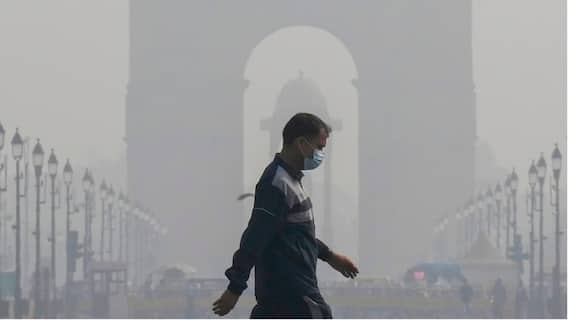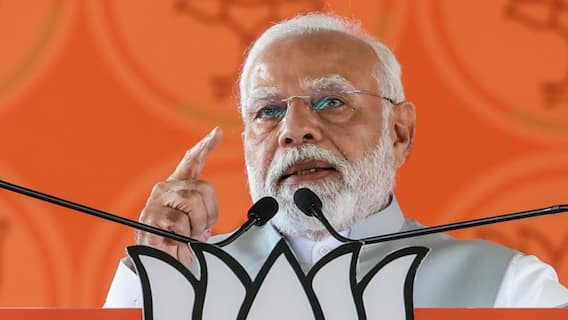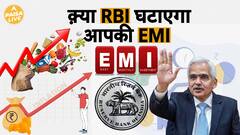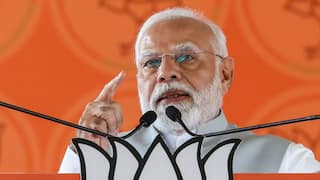Russia-Ukraine Conflict To Drag On Asian Economies In Coming Months, Says World Bank
Growth for the region is estimated at 5 per cent, down from the original forecast of 5.4 per cent. In worst case scenario, growth could dip even further to 4 per cent, says the World Bank report

New Delhi: The World Bank in a report on Tuesday said that disruptions to commodity supply, financial strains, and soaring prices are among the impacts of the ongoing Russia-Ukraine war that will slow economies in Asia, including India, in the coming months.
Quoting the World Bank report, news agency AP said slower growth and rising poverty in the Asia-Pacific region this year due to multiple hurdles have compounded troubles for people and for businesses.
The report suggested that growth for the region is estimated at 5 per cent, down from the original forecast of 5.4 per cent. In worst case scenario, growth could dip even further to 4 per cent, it said.
The Asia-Pacific region witnessed a rebound to 7.2 per cent growth in 2021 after many economies experienced slump with the onset of the Covid-19 pandemic.
The World Bank has anticipated that China, the region’s largest economy, will expand at a 5 per cent annual pace, much slower than the 8.1 per cent growth of 2021.
Due to Russian invasion in Ukraine, prices of crude oil, gas, and other commodities have surged, eating into household purchasing power and burdening businesses and governments that already are contending with unusually high levels of debt due to the pandemic, the report mentioned.
The development lending institutions have urged governments in all countries to lift curbs on trade and services to take advantage of more opportunities for trade and to end fossil fuel subsidies to encourage adoption of more green energy technologies.
According to the World Bank’s East Asia and Pacific Chief Economist Aaditya Mattoo, the succession of shocks means that the growing economic pain of the people will have to face the shrinking financial capacity of their governments.
A combination of fiscal, financial, and trade reforms could mitigate risks, revive growth, and reduce poverty.
The World Bank report pointed to three prime potential shocks for the region: the war, changing monetary policy in the US and some other countries, and a slowdown in China.
While rising interest rates make sense for cooling the US economy and curbing inflation, much of Asia lags behind in its recovery from the pandemic.
China’s economy is already slowing down, and this could falter as outbreaks of Covid-19 provoke fresh lockdowns like the one now in place in Shanghai. This is likely to impact many Asian countries whose trade relies on demand from China. These barriers are likely to magnify existing post-Covid difficulties, the report said.
The report mentioned about 80 lakh households, whose members fell back into poverty during the pandemic, will see real incomes shrink even further due to price rise.
The World Bank report stated on an average, countries with a 1 percentage point higher vaccination rate had higher growth.
Top Headlines
Trending News



































